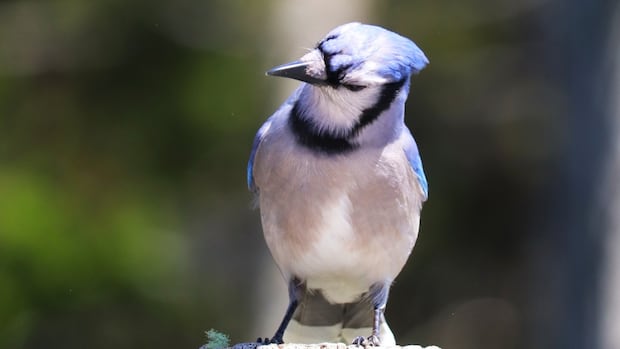A researcher at the University of Saskatchewan wants to know how birds, particularly songbirds, are being impacted by wildfires and smoke.
Catherine Ivy, a bird lover and assistant professor at the University of Saskatchewan college of arts and science, is leading the project.
“I’ve always been interested in how birds are able to conduct their long migratory flights, and was interested in how animals change their breathing to deal with challenging environments,” Ivy said.
Canada’s 2023 wildfire season was the worst on record in terms of area burned. The 2024 season was the second-worst since 1995.
Ivy said there is anecdotal evidence that shows birds are being impacted by wildfire smoke, but there has never been research on the effects.
One wildfire wouldn’t have any adverse effect on birds, but repeated events and repeated exposure could.
Ivy said there has been extensive research done on humans and lab animals.
“We know from Health Canada and a whole bunch of other health funding bodies that being outside in the smoke is not good for us [humans],” she said.
“But the one thing that research is kind of disregarded at the moment is what happens to wildlife that’s outside.”
Ivy said this is important because it could help us be more aware of why bird populations are declining. She said we already know that changes to migratory routes, such as buildings where they didn’t used to be, have had an impact.
“But we don’t know if wildfire smoke also adds on top of that,” she said. “If wildfire smoke affects their lungs and affects their ability to migrate, it means that they might get stuck in environments that don’t have enough resources for them during their southbound migration.”
She said the research will track migratory birds who fly long distances, and compare birds who have been exposed to wildfire smoke to those who haven’t.
“Health Canada tells us to stay inside, only breathe clean air,” she said. “But these animals live outside all year round. So unfortunately we have this gap in our knowledge.”
The project received funding from the Natural Sciences and Engineering Research Council (NSERC) discovery grant program.







